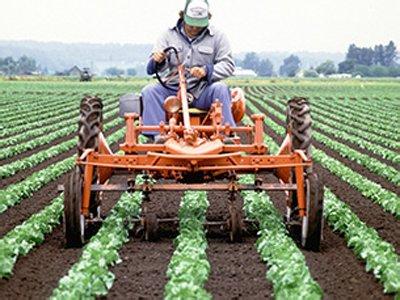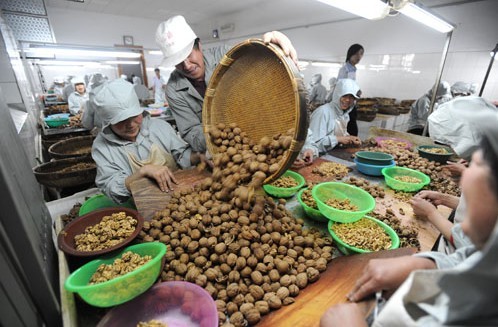Market analysis: Agribusiness in China
Being the largest importer and the largest exporter of agricultural production, China feeds around 20% of world population. This is a result of long-term historical development of agriculture and agribusiness in China, which dates back to 7500 BC. Nowadays, agriculture still plays an important role in China employing 300 million farmers in industry. Then, Agribusiness is a crucial stake for foreign investor development.
Main agricultural goods, produced in China, include rice, meat, potatoes, peanuts, tea, cotton, fish, pork and many others. The sector is regarded as highly diversified. However, regardless China’s large territory, only 10% of land is arable while the rest territory of the country is not cultivated. It raises the problem, which has had long presence in China.
Agribusiness in China is labor-abundant
As it was mentioned before, availability of land for cultivation is limited in China. Therefore, market analysis of agribusiness in China regarded China as labour-abundant rather than resource-abundant country. This leads to the theory of comparative advantage, according to which China is expected to produce labour-abundant products to maximise its profits from agricultural activity. However, it is not the case. With support of Chinese government, over 75% of cultivated land is used for food crops, which require land rather than labour factor.
Rice rising occupies 25% of cultivated land
Of its food crops production, 25% of cultivated land is used for raising rice. Southern areas around the Huai River, Yangtze valley, the Zhu Jiang delta, Yunnan, Guizhou, and Sichuan provinces are major rice producers. Second largest part of the cultivated land is used for wheat, which is grown in many parts of the country, but more concentrated on North China Plain. Other crops include various types of potato, fruits and vegetables. In particular, exotic fruits are mainly raised on Hainan Island.
Water depletion is a major problem in China’s agriculture
But how it turned that China is now the largest importer of agricultural goods and, generally speaking, the biggest Agribusiness market? The main reason for that is depletion of water resources, which are vital in the agricultural sector for growing crops and livestock. Due to the long and extensive use of water resources around the country, since 2000, there has been a considerable decrease in grain production.
Forecast for Agribusiness in China may have a negative impact on farmers
Apart from the water depletion problem, there are currently some problems in the sector, which challenge China’s agriculture and farmers each year. First of all, farmers frequently raise the problem of predicting demand. Usually, they build predictions of future demand on last year results. However, as usually all farmers use this method; there is a shortage of one product and excess of another. This leads to falling prices on excess product and consequently reducing the profit of farmers, which is yet not big.
Small profit margin does not allow farmers to invest in China
Moreover, China’s agriculture lacks innovative techniques and equipment. The main reason for that is a small profit margin. Farmers do not have enough money to reinvest them rather than distribute the money as income. This is partly due to the reason mentioned above when decreasing demand drops prices down leaving little to farmers.
As it was mentioned above, Agribusiness in China is a major part of the international market. The sector contributes over 12% to country’s GDP. However, it still lacks innovative techniques for efficient production.

For more information:
https://www.economywatch.com/agriculture/country-wide/china.html





